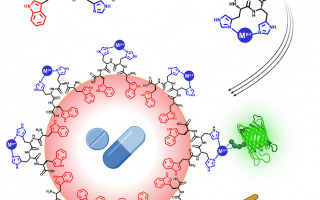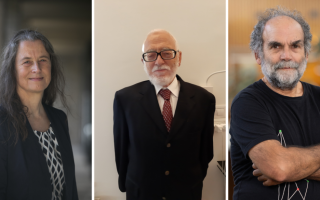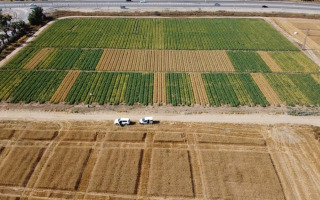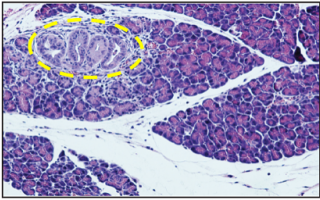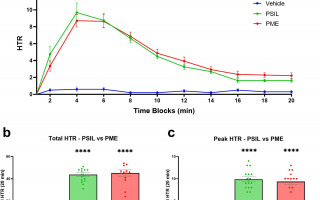Drug Delivery Innovation: Multifunctional System Based on Switchable Peptide-Stabilized Emulsions
New drug delivery system. Research uncovers innovative technology, which utilizes switchable peptide-stabilized emulsions, allowing for the simultaneous transport of both water-soluble and water-insoluble compounds in one carrier. By overcoming previous limitations, this advancement has the potential to revolutionize drug delivery, offering enhanced treatment efficacy with minimized side effects.



